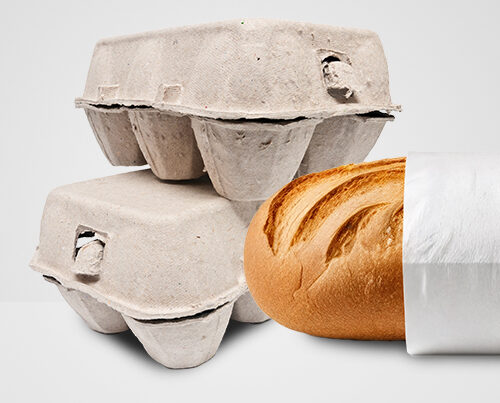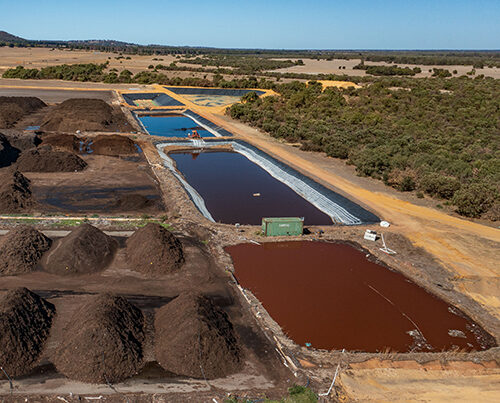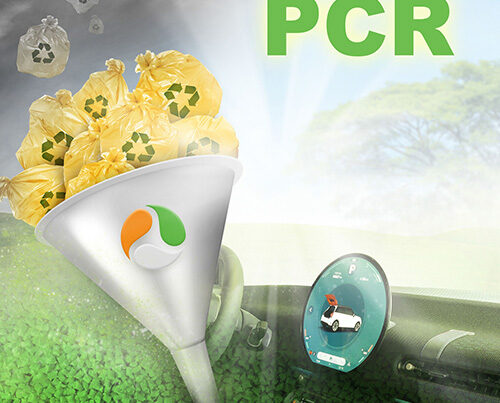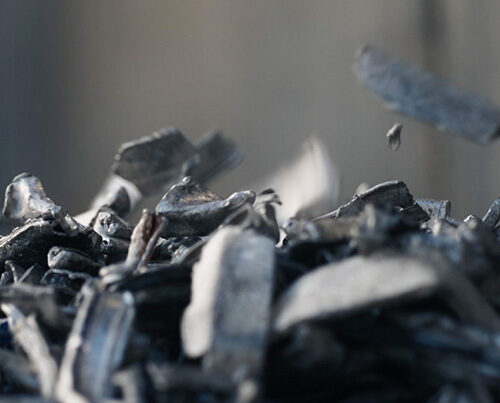Recycling works well in Germany. Setting up segregated collection schemes not only for residual waste but also for sales packaging and other waste streams increases the volumes of materials handled within the system – and, as a result, access to valuable recycled raw materials. Likewise, technical innovations over the last few decades have opened up further recycling options and opportunities to use recycled materials. And the system has the potential to offer even more as can be seen by the latest discussions regarding the use of biogas from organic and garden waste as a replacement for imported gas.
And so it is no surprise to hear that recycling know-how is considered to be one of Germany’s strengths, with other countries around the world following their lead and taking similar approaches. Many, for example, are looking to get environmental pollution in their countries under control, particularly the problem of plastic waste. Experts also believe that more and better recycling is an essential cornerstone for tackling the global climate emergency. And then, with virgin raw materials becoming increasingly scarce, there is the importance of urban mining – the concept of recovering valuable substances from waste so they can be reused.
Which is why it is all the more astonishing when old myths are dredged up to challenge the verifiable successes of the recycling sector. Rather than encouraging consumers to support the circular economy, these people are sowing doubt – comparing things that are totally different, portraying facts and figures out of context and taking a few individual errors to judge the whole industry. High time, therefore, to bust a few myths:
Myth: Recycling refers primarily or exclusively to plastic.
Fact: A programme was broadcast on German TV recently called ‘The Recycling Lie’ [Recyclinglüge]. This title immediately conjures up the wrong image as this programme actually only looked at plastics – and, for the most part, only plastics used for packaging. The recycling sector, however, collects, sorts and recycles a whole range of different materials from households and commercial businesses: from paper, to glass, wood, minerals, building materials and chemicals, all the way through to plastics and packaging. Practically everything is recycled – in many cases because this is a legal obligation, in others because there is a market for the recycled materials. A market that is, with good reason, continuously growing as environmental awareness increases and supplies of natural resources become ever scarcer and a market that goes far beyond just plastics.
Myth: Just 5% of the plastic from the packaging collection scheme is recycled for reuse.
Fact: This is not correct. According to figures published by the Packaging Register Central Agency, 60.6% of the plastic packaging licensed by manufacturers was collected by the Dual System scheme and then recycled in Germany in 2020. This scheme ensures, therefore, that these volumes are able to be reused in a suitable way. By the way, the legislator has stipulated that this recycling rate must have risen to at least 65% from 2022 onwards. Neither the REMONDIS Group nor the BDE [Federal Association of the German Waste Management Industry] are aware of figures that prove there are deviations of over 55%. On the contrary: by investing in state-of-the-art sorting and recycling technology, the recycling sector is already working right now on growing recycling rates and making the very most of packaging materials such as plastic – even without there being mandatory design-for-recycling regulations or consumer incentives.
Myth: The packaging waste collected in Germany is sent abroad to countries where it is disposed of incorrectly.
Fact: The figures published by the Central Agency show that a good 80% of plastic packaging was recycled in Germany in 2020; just 20% was transported abroad, for the most part to other EU countries. A mere 3% was exported to countries outside the EU. Studies have shown that the global plastics problem is primarily caused by many developing countries – in particular the threshold countries – not having or having only rudimentary waste collection schemes in place. The economic growth enjoyed by these countries also means that they are using ever greater volumes of plastic packaging. Unlike Germany, no other country has made it obligatory for distributors of packaging to ensure that their materials are collected, sorted and recycled when they are discarded as waste. It is hardly surprising, then, that the cheaper disposal option offered by these countries is the preferred method of choice. The goal here must be to establish comparable waste collection and recycling schemes in the threshold countries to prevent plastic and other types of waste contaminating the environment. Completing banning waste exports from Germany would have no significant impact on this – even if there is certainly an urgent need for better checks to be carried out to see where exported materials are being sent to and how they are being recycled.
Myth: It is only really recycling when the materials are used in the same product.
Fact: The European Union and the German Circular Economy Law [KrWG] both have a clearly defined waste hierarchy: prevention, recycling, energy recovery, disposal. The goal of recycling is indeed to find a use for the recycled materials so they can replace their virgin counterparts. Despite the technological progress being made, however, it is not always possible to achieve the exact same quality. In such cases, the preferred option is then downcycling, i.e. using the materials in other products to improve their energy and carbon footprints. This is still considerably more sensible than simply incinerating them – even if incineration can be used to generate energy.
Myth: Recycled material may not be used for food packaging
Fact: This is true to a certain extent but a rethink is needed here. The EU is getting in its own way here: on the one hand, it has almost completely banned the use of recycled materials for food safety reasons; on the other, it is calling for more recycling as part of its Green Deal. At the moment, only PET from drinks bottles can be reused without any restrictions to make new bottles.












